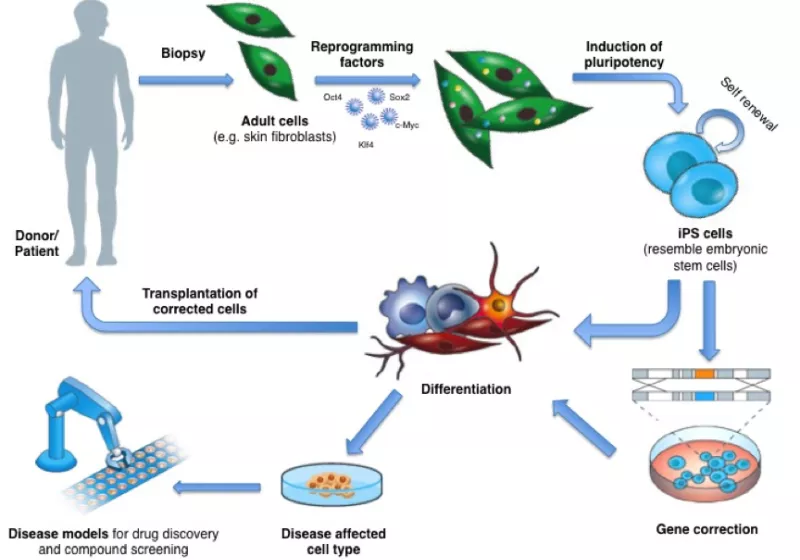Embryonic stem cells offer hope for new therapies, but their use in research has been hotly debated. Different countries have chosen to regulate embryonic stem cell research in very different ways. Mention embryonic stem cells in the pub and the topic still divides opinion. But what exactly are the ethical arguments, and why are they so tricky to resolve?
Some people oppose using human ESCs under any circumstances. However, cell lines that already exist are the most widely accepted source of stem cells. This acceptance is based on the argument that “what’s done is done”. Even if harvesting the embryos in the first place could be considered morally controversial, nothing can now be done to save the original embryos from which the lines were created. One could say that there is actually a moral imperative to make the most of existing human ESC lines, for which human embryos were destroyed.

